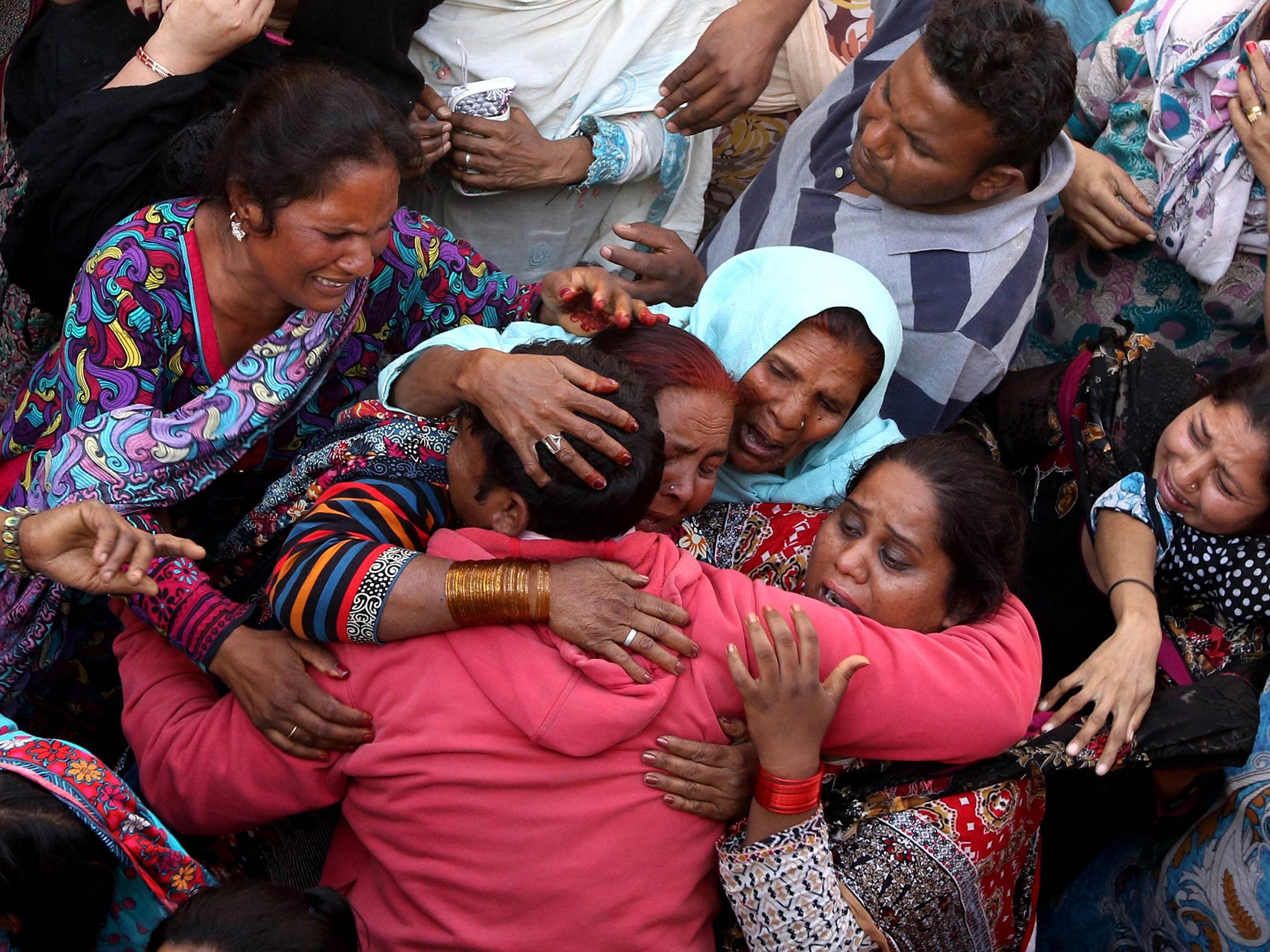When I researched Isis recruits in Pakistan, I found that joining up is an unexpectedly middle class affair
A senior counterterrorism official told me that Isis’ strategy in Pakistan was to ‘target the intelligentsia’

As the Muslim holy month of Ramadan drew to a close, a spate of terror attacks across the world starkly reminded us that Isis is still capable of murder on a huge scale. In Baghdad, a car bomb killed more than 200 people on Saturday. In Dhaka, the capital city of Bangladesh, gunmen stormed an upmarket bakery, killing 20 people after a hostage situation that lasted hours. These were big, dramatic attacks intended to get global attention.
Isis is perhaps the most media-savvy terror group the world has ever seen, with certain attacks – such as the hostage situations in Paris or Dhaka – seemingly designed to maximise attention and guarantee rolling coverage. But of course, impact has always been a key goal of terrorist groups. This is evident in al-Qaeda’s attacks on planes, or the tactic of striking busy marketplaces where the most deaths could be guaranteed. As enormous death tolls in Pakistan, Nigeria, and Iraq ceased to be shocking to global audiences, Isis grabbed the world’s attention once more by going the opposite way and beheading captives: a brutal, visceral and shocking method to focus back onto the individual. There is a symbiotic relationship between terrorist organisations and the populations they seek to terrorise, whereby tactics are amended and evolved in order to spread the most fear.
The so-called “war on terror” began 15 years ago, and since then there has been a steady stream of attacks all over the world. There are certainly points at which the global public becomes inured to the news of violence. I’ve seen this firsthand in Pakistan. Visiting the country few years ago, when the security situation was terrible, I noticed relatives barely acknowledging the steady stream of attacks reported on the news unless it was particularly nearby, the death tolls particularly high, or the tactics particularly gruesome. This is not callousness but a coping mechanism; an entirely human response to detach from the fear that might otherwise consume you.
Of course, living in a heightened state of paranoia and fear, particularly in relatively safe western countries, hands an instant victory to terrorists. But moving on too quickly from attacks – expressing grief and outrage and then forgetting about it – means that we leave a lot to be understood.
I recently spent several weeks in Pakistan researching the nascent signs of Isis support. I found that while there is no major fighting force present (like Bangladesh, the country is already home to a crowded militant landscape), there were pockets of support, mostly among the middle or upper middle classes.
These were educated people – university students and professionals – who did not fit the typical profile of an illiterate, desperate militant. A senior counterterrorism official told me that Isis’ strategy in Pakistan was to “target the intelligentsia”. The attackers in Dhaka appeared to fit this profile too; they were educated and drawn from affluent segments of society.

What this illustrates is that Isis is a global movement with significant regional variations. There are commonalities – many of these urban militants or would-be militants in Pakistan and Bangladesh have been radicalised online, in the same way that young people in the west might, or at least have used their access to the internet to forge links overseas, bypassing more established local militant networks.
But there are also key differences: neither of these countries is home to a significant Isis military fighting force in the way that Syria and Iraq are, or neighbouring Middle Eastern countries affected by an overspill of this conflict. It is utterly vital that we don’t allow ourselves to be exhausted by the stream of bad news and succumb to the temptation to gloss over these differences, which tell us so much about the global Isis recruitment strategies. Understanding something, after all, is the first step to defeating it.
Join our commenting forum
Join thought-provoking conversations, follow other Independent readers and see their replies
Comments
Bookmark popover
Removed from bookmarks